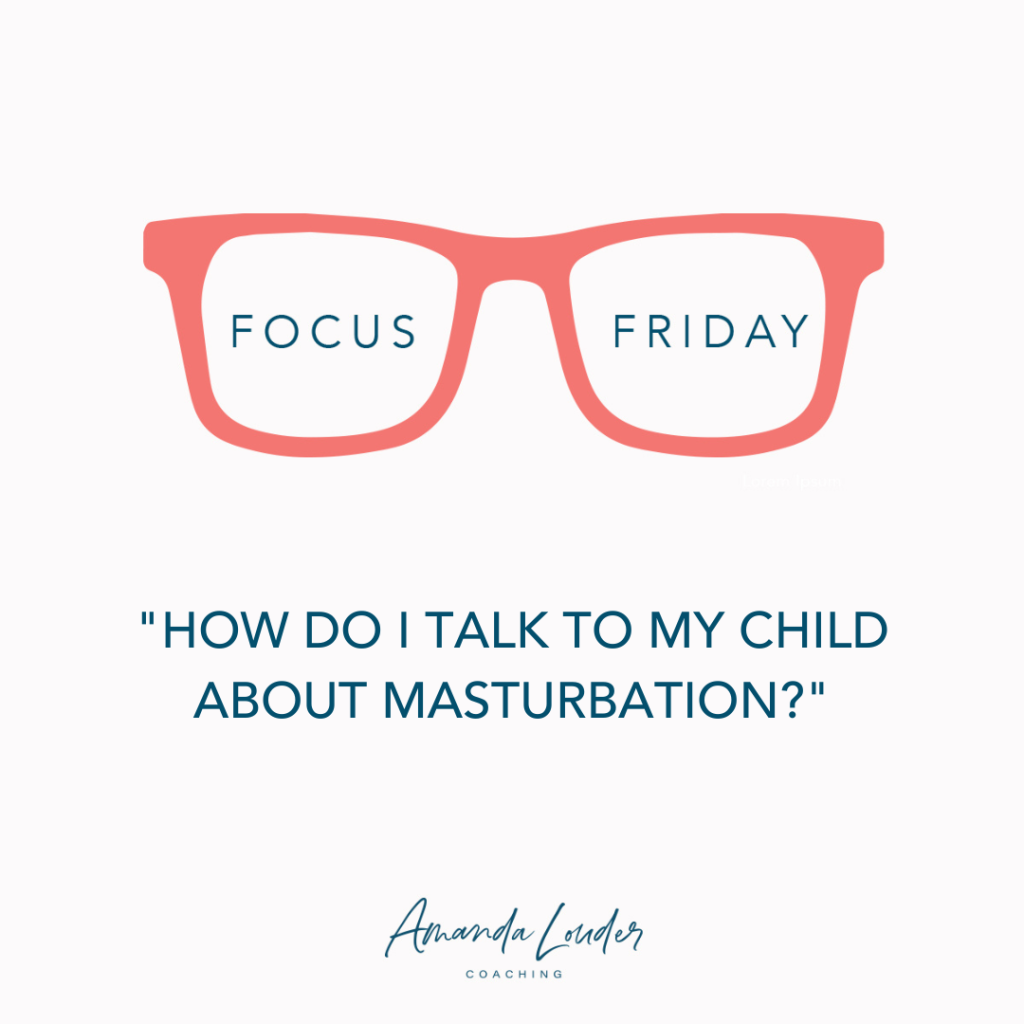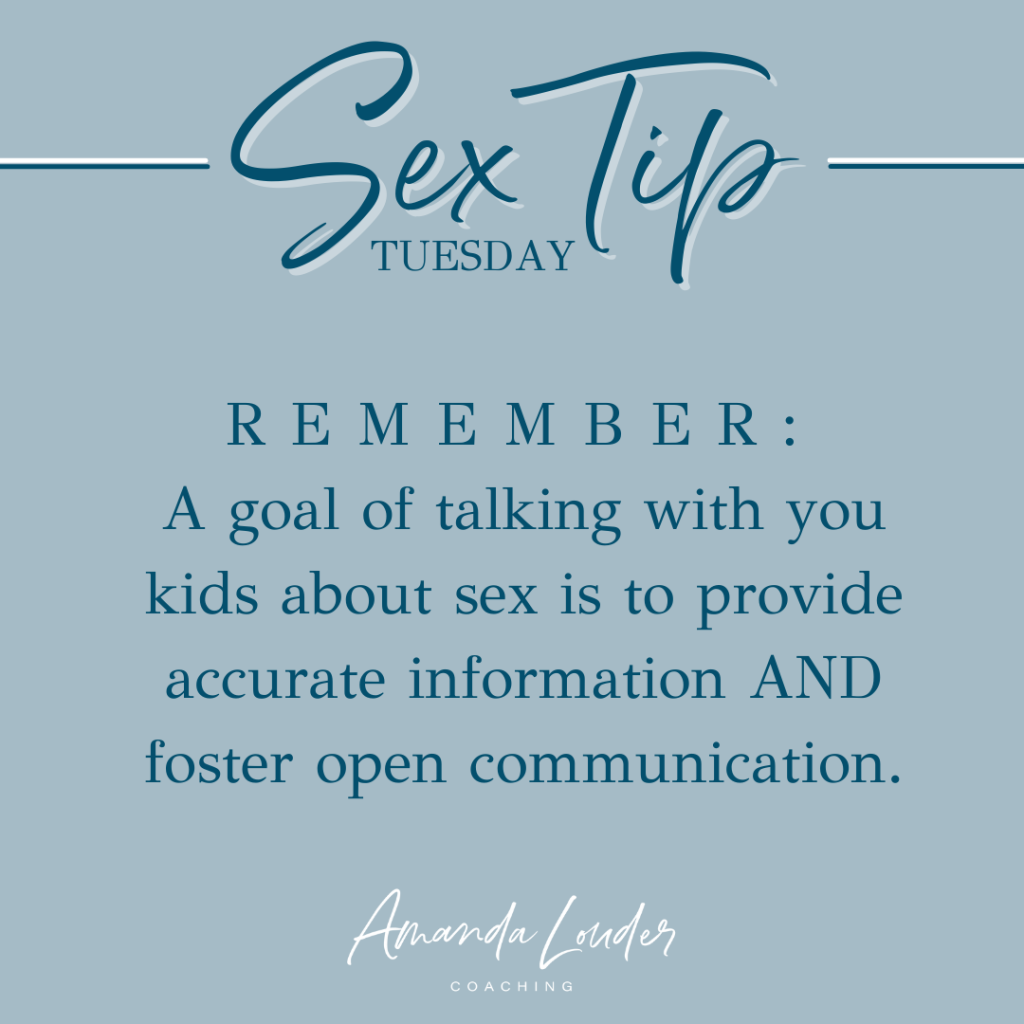
In Come Follow Me this coming week, we read about Paul’s sexual purity letter to the Corinthians. Because of this, I think it’s a great time to not only talk to your kids about sex, but also talk to their teachers about how they will teach this lesson. We need to break the cycle of shaming our kids into not having sex. And that can start with you. Listen to this episode to learn about how to teach your kids about sex, shame free, so they can have a healthy relationship with sex throughout their lives. I know from personal experience that this is an awkward discussion, but it’s one we need to have so let me help you navigate it.
Show Notes:
Follow Amanda on Facebook and Instagram.
Join Amanda’s Private Facebook Group.
References for this episode:
Show Summary:
Next week (August 21-27, 2024) in Come, Follow Me, we will be discussing 1 Corinthians 1-7 which includes Paul’s letter to the people of Corinth about sexual purity. Lessons about the Law of Chastity will be given that week in seminary for high school age kids and possibly in the youth Sunday school. The August 27th lesson for young men and young women will be on The body is sacred, with a line or two about modesty and clothing choices. I felt this was the perfect time to once again talk about these topics here on the podcast, so that you can be prepared as parents to talk to your kids about these topics, shame free. I would also encourage you to reach out to your kids seminary, Sunday school, and youth leaders to find out how they will be teaching these lessons so that you can decide if you want to send your kids to class or not. Too many times these lessons are full of antiquated cultural teachings and object lessons that create a lot of shame rather than sticking to doctrine and principles that guide and uplift. We need to eradicate these cultural messages and focus on the doctrine and the Atonement. We need to teach our children and teens that their sexuality is an important part of who they are and teach them to understand their values, God’s laws, and make integrity based decisions of how they want to be in relationship with their sexuality. Just like food, both indulgence in and repression of their sexuality have far reaching consequences.
In addition to this podcast I wanted to also point you to two previous podcasts I have done that might be helpful for you and for your kids’ teachers. Episode 216 is about a lesson I put together for the youth about the Law of Chastity. And episode 237 is an awesome conversation with my friend Zach Spafford about Modesty and the new For Strength of Youth pamphlet.
I hope that between this episode and the other episodes you will be inspired to rethink some of the ways that you have thought about and been taught about sexual purity, the Law of Chastity and modesty that have caused you problems and begin thinking and teaching them differently to create less problems in these areas for future generations. We want to empower our youth to make decisions from a place of integrity rather than fear.
Talking to your kids about sex is probably one of the most awkward conversations we have with them. Even if you are really comfortable with your own sexuality, talking about it with them can still feel awkward. Some kids have a lot of questions and other kids don’t want you to talk about it at all. But as a parent these are important conversations that you need to have with your children. And this is not a one and done but lots of conversations over time.
When teaching your kids and teens about sex, conversations should be approached with care and consideration. Here are some steps you can follow to effectively teach kids about sex:
- Start Early: Begin age-appropriate conversations about bodies, privacy, and consent from a young age. This helps establish an open and comfortable environment for discussing more complex topics later on.
- Use Correct Terminology: Teach your kids the proper names for body parts. This helps them develop a healthy understanding of their bodies and promotes open communication. It has also been shown to prevent abuse.
- Answer Questions Honestly: When kids ask questions about their bodies or where babies come from, answer them honestly in a way that’s appropriate for their age. Use simple language and provide just enough information to satisfy their curiosity.
- Be Attuned to Their Curiosity: Kids will often initiate conversations about sex with their questions and observations. Listen actively and respond in a way that addresses their curiosity without overwhelming them.
- Use Everyday Opportunities: Use everyday situations, such as when watching TV shows or encountering animals, to discuss basic concepts like reproduction, birth, and different types of families.
- Books and Resources: Utilize age-appropriate books, videos, and resources that are designed to help kids understand their bodies, emotions, and relationships.
- Be Non-Judgmental: Keep conversations non-judgmental and avoid shaming or making them feel embarrassed for asking questions. This sets a positive tone for future discussions.
- Discuss Boundaries: Teach kids about personal boundaries and respecting others’ boundaries. This is a foundation for understanding consent and respectful relationships.
- Address Privacy: Explain the importance of privacy when it comes to their bodies and activities related to their bodies, including the concept of private and public spaces.
- Respect Their Comfort Level: Pay attention to your child’s reactions during conversations. If they seem uncomfortable or disinterested, it’s okay to take a step back and revisit the topic later. But make sure you do revisit it.
- Use Real-Life Examples: As your child grows older, you can use real-life situations or news stories as starting points for discussions about relationships, consent, and the emotional aspects of sex.
- Adapt to Their Age: Tailor your conversations to your child’s age and maturity level. Younger children need simpler explanations, while teenagers can handle more complex discussions.
- Encourage Questions: Let your child know that they can come to you with any questions they have about their bodies, relationships, or sex. Creating a safe space for dialogue is crucial.
- Discuss Online Safety: As kids become more tech-savvy, discuss the potential risks of online content related to sex and relationships. Teach them how to navigate the internet safely.
- Model Healthy Behavior: Demonstrate healthy relationships and respectful behavior in your own interactions. Kids often learn by observing the adults around them.
Remember, the goal is to provide accurate information, foster open communication, and help your child develop a healthy understanding of their body, emotions, and relationships as they grow and navigate their way through life.
When I am talking to my own kids about sex, I like to use Doug Braun-Harvey’s Six Principles of Sexual Health to frame the conversation. These six principles have been shown to help reduce the risk of trauma when it comes to sex. They are adaptable and can grow with your child over time. These are the same six principles I teach men and women in my coaching program because they apply to everyone.
The six principles are:
First, consent. Consent is a great principle that can be taught to kids very young and grow over time. Teaching them that they have autonomy over what happens with their bodies. They should be giving consent and asking for consent with everything. Consent is not just the absence of a “no” but an enthusiastic and verbal “yes.” Consent does not involve manipulation, pressure, or threats. Anything after a “no” is considered coercion, which means it is not consensual. Do they give their consent to grandma giving them a hug? Do they give or ask consent to hold hands? Kiss? This isn’t just about sex.
Second, exploitation. Exploitation is about an imbalance of power to force or entice someone to engage in activities in return for something? You want to look for power dynamics. Is it someone older? Someone in authority? Is someone holding back information that would change your answer?
Third, honesty. This is another one that we can all teach from a very young age. We want to be honest with ourselves and others.
Fourth, shared values. Now this is the big one. As parents we have values around our body and also around sexual activity. Most often these values come from what we have been taught at church. So for most of my audience, who are members of The Church of Jesus Christ of Latter-day Saints, we value the Law of Chastity in that we should not have sexual relations with someone we are not married to because we value the sacredness of procreation and life. Now this is the hard part for a lot of teens and parents. Your teen may not have the same values that you do. They may have the value that sex should be between two people who love each other and they don’t need to be married. We also have to remember that values are different than behaviors. So this is where most of the conversation with your teen needs to be. Helping them understand your values and why you feel the way they do, but also taking the time to listen and understand their values. What are their values when it comes to sex? Why do they feel that way? Are they just doing what feels good in the moment or are they living in integrity with their value system even if it’s different from yours? This can be really hard for parents, but it is the best way to understand your child and why they are doing what they are doing. Having them ask themselves questions about their values and beliefs and how they want to live according to those is going to be the best way to teach them about the Law of Chastity as well as modesty.
Notice how I am not bringing morality or right and wrong into the conversation? Most likely your child knows how you think and feel about sex before marriage and how they dress. The last thing they want or need is your judgment or shame. They don’t need a lecture. They need love, compassion, and understanding. This is where connection is built.
If your child is living outside of their value system, they will most likely see it and want to rectify the situation. If they truly feel they are living within their value system, then it’s time to move on to the next step.
Fifth is protection from STI’s and Pregnancy. First and foremost, you want to make sure your child is safe. While there is always the atonement and repentance, there are often consequences from sexual activities that are lifelong or even eternal. You can’t repent away an STI or a baby. Making sure your child has adequate knowledge and protection to keep them safe is so important. As much as we’d like to often lock our children up in their room and throw away the key until they are older, this isn’t possible. It is so hard to see our children use their agency for things that we think will harm them, but it is part of God’s plan. So we just need to do our best to keep our children safe. If that means buying them condoms and/or putting them on birth control, then do that. By doing this, it is not giving them permission or condoning their behavior. I’m sure they are well aware of how you feel. But this is about keeping them safe. Period.
Sometimes we need to do things that our children don’t like in order to keep them safe. I’m not a huge fan of locking your 16-year old up so she can’t see her boyfriend. But I am ok with doing things to keep contact limited if you truly feel your child is not safe. I think it’s important to look at your own motivations behind what you are doing. Are you scared about what is going to happen and fear is your primary motivator? Or is it about love? Are you doing what is truly most loving and compassionate? And don’t delude yourself. Be honest when you look at your motivations.
The sixth and final principle is mutual pleasure. Your children need to understand that sex and sexual activities should be pleasurable for both parties. If it’s one sided, that’s not ok. This is a great segue into helping children know that sex is a wonderful part of a marriage. It can be a blessing to both the man and the woman and is a blessing for the marriage. If it’s not about mutual pleasure, then it truly isn’t the sexual relationship that it could be.
One of the biggest questions I get when it comes to talking to kids about sex is, “how do I talk to my child about masturbation? I don’t want to tell them they should do it but I also don’t want them feeling like it’s shameful if they do.”
When I talk to my own children about masturbation, it goes something like this. “Some people touch themselves because it feels really good and some people don’t. Your body is amazing and capable of wonderful pleasure. You get to decide what is good and right for you. It is between you and God. In our family, we believe that masturbation is not against the Law of Chastity. So if you masturbate and you are asked if you keep the Law of Chastity in a temple recommend interview you can say that you do. If you choose to masturbate, this is a private activity. Please do it in your bedroom or bathroom and lock the door so no one walks in. Always make sure you use good hygiene and wash your hands.”
Masturbation is a normal and healthy part of sexual development. Babies masturbate in the womb. Young children discover that it feels good. This is not sexual but more about self-soothing than anything else. As children move into puberty, it does become more sexual. I encourage them, if they choose to do it, to not use pornography and consider thinking about an unknown future spouse and not a specific person if they choose to think about someone while they are doing it.
Often parents also ask me if they should buy their daughter a vibrator. That is not a question I can answer. I trust that you know what is best for your child. But most likely they’ve used their hands or something already, so a vibrator isn’t necessary. But I’ve heard of kids and teens using objects that are not hygienic to masturbate with or into. If you are noticing that, you may want to have a more in depth conversation about hygiene and the germs and infections they can get by not using good hygiene.
Let’s talk about pornography. Most porn use starts out as curiosity. They are curious about bodies and about sex. They want to see what it actually looks like. Their curiosity about bodies and sex is normal. Assure them of that. Then they discover that it’s really exciting and enticing. So whenever they are feeling some negative emotions they learn to turn to porn to feel better. Again, this is really normal. Nothing is wrong with them because they are curious and like to do things that feel good. But choosing to avoid hard emotions by seeking out things that feel better is called a coping mechanism. We all have them. Some people turn to pornography, some turn to alcohol, drugs, shopping, gambling, watching way too much TV, eating, playing video, games, cleaning, etc. etc. etc. So if your child (or you) struggle with pornography, you’ve got to figure out what they are coping from.
Get really curious with your child about what they are feeling when they turn to porn. Is it boredom? Is it anxiety? Is it stress? Horniness? Of course they want to feel better from those things. They want to relieve themselves from this. No one likes feeling them. Help them identify the feelings and come up with better coping strategies. Do they need to go for a run? Do they need to come talk to mom and dad? Do they need to do something with their friends? Do they need to go to sleep? Also, a really good skill to learn (and everyone needs this) is learning to actually feel and process negative emotions. This is one of the biggest things I teach in coaching. But until you learn how to feel and process them instead of avoiding them, learning how to manage negative emotions in a healthy way is the best possible thing you can do to help them learn how to manage their pornography viewing.
Most likely they’ve heard all the horrible things that happen from watching pornography, so no wonder they feel bad about it. Let them know that they can come talk to you anytime they are feeling those things or they are tempted to look, or when they have looked, and you will help them with absolutely no punishment. They hide because they are ashamed and they are afraid that you will be mad and disconnect from them. So if they can reach out and you connect with them rather than get mad or punish them it will help them work through it faster. It might also be helpful to get them a coach or a therapist that can help them learn some more helpful strategies for dealing with negative emotions.
I have dealt with this with my own children. I didn’t handle it very well at first. And so when I learned better ways, I had to go in and repair. I had to apologize for not handling things well in the past and let them know I was going to try and do better in the future. And this has made all the difference in the relationships that I have with my children and has also made it so they overcome some of their challenges a lot better.
Now onto modesty. Modesty is about so much more than clothing. It’s how we think. How we act. How we present ourselves. When having modesty conversations with my kids that is what I focus on. We still have conversations about clothing choices. But only asking “is this appropriate for the occasion? Are you comfortable? Do you feel like this reflects the respect you have or want to have for yourself? Is this clothing choice respectful of others?” That’s it! I let them make their own choices.
I hope that you have found that episode helpful in how you can frame some of these hard conversations with your kids. You are their parent and you know what is best for them. But if you notice that your driving emotion is fear, that is a good indication that you need to check yourself, do some work on yourself before you address it with them. Because when we are talking with our kids we always want to let love NOT fear lead the way.





